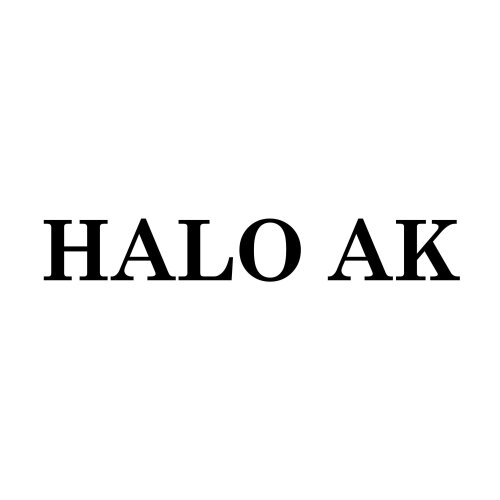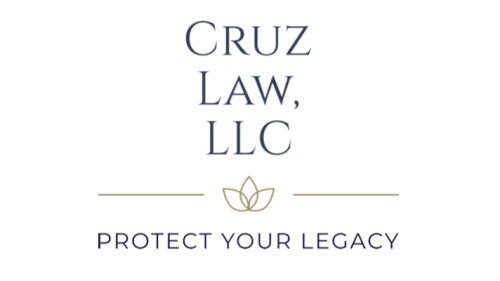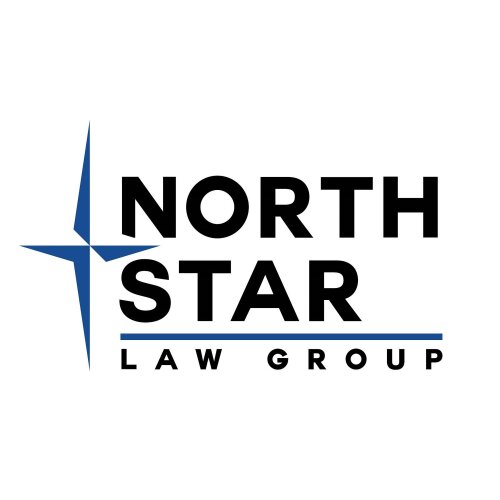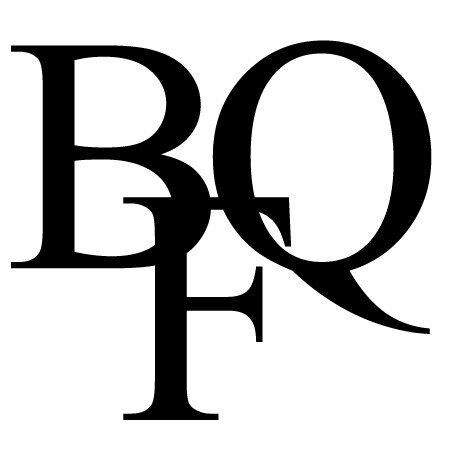Best Nursing Home Abuse Lawyers in Alaska
Share your needs with us, get contacted by law firms.
Free. Takes 2 min.
Or refine your search by selecting a city:
List of the best lawyers in Alaska, United States
About Nursing Home Abuse Law in Alaska, United States
Nursing home abuse refers to any intentional or negligent act by caregivers that causes harm or serious risk to vulnerable residents in long-term care facilities. In Alaska, this area of law seeks to protect the elderly and disabled from physical, emotional, sexual, or financial harm while under the care of nursing homes, assisted living facilities, and other residential care institutions. With a growing population of older adults, ensuring proper care and legal recourse for victims of abuse remains critical in Alaska.
Why You May Need a Lawyer
There are several common situations where individuals or families may require legal help related to nursing home abuse in Alaska:
- If a loved one shows unexplained injuries such as bruises, broken bones, or sudden health declines
- When there are signs of neglect, including dehydration, malnutrition, poor hygiene, or bedsores
- If a resident’s finances have been improperly accessed or managed by nursing home staff
- For instances of verbal, emotional, or sexual abuse
- When a nursing home fails to address or report abuse allegations promptly
- If you suspect serious regulatory violations or unsafe conditions in a facility
- To secure compensation for medical expenses and pain and suffering due to abuse or neglect
- If you need to report abuse to state authorities but are unsure of the process
- When disputes arise regarding the removal or transfer of a resident after allegations of abuse
A lawyer with experience in Alaska nursing home abuse law can help investigate the facts, hold the responsible parties accountable, and navigate complex legal and administrative procedures.
Local Laws Overview
Alaska has specific laws designed to protect the rights and wellbeing of nursing home residents. Key aspects include:
- Mandatory Reporting: Alaska Statutes require that certain professionals, including nursing home employees, immediately report any suspected abuse, neglect, or exploitation of vulnerable adults to Adult Protective Services (APS).
- Vulnerable Adult Act: This statewide law encompasses any mentally or physically incapacitated elders or adults, not just those in institutions. It allows victims or their representatives to file civil actions for damages resulting from abuse or neglect.
- Minimum Care Standards: Alaska law sets standards for nursing home staffing, training, cleanliness, and resident care that must be met by all facilities.
- Investigation Requirements: Facilities must cooperate with APS or law enforcement during abuse investigations and are prohibited from retaliating against anyone who reports concerns.
- Criminal Penalties: Serious cases of abuse or neglect may result in criminal charges in addition to civil claims. Perpetrators can face substantial fines and potential jail time.
- Resident Rights: Nursing home residents in Alaska are entitled to be treated with dignity and respect and have the right to participate in decisions about their care.
Understanding these laws is essential when considering legal action or raising complaints regarding nursing home abuse in Alaska.
Frequently Asked Questions
What are the signs of nursing home abuse or neglect?
Common signs include unexplained bruises or injuries, sudden changes in behavior, withdrawal from social activities, poor hygiene, bedsores, weight loss, dehydration, or any rapid health deterioration without a clear medical cause.
Who is required to report suspected nursing home abuse in Alaska?
Mandatory reporters include healthcare professionals, caregivers, nursing home staff, and other individuals who work with vulnerable adults. Anyone concerned about possible abuse is encouraged to make a report.
What should I do if I suspect nursing home abuse?
Document your concerns, talk to your loved one if possible, and report the suspected abuse to Alaska Adult Protective Services. Consider consulting a lawyer to protect your loved one's rights and pursue compensation if needed.
Can I sue a nursing home for abuse or neglect in Alaska?
Yes. Victims or their representatives may file a civil lawsuit against the facility or responsible individuals to seek compensation for medical costs, pain and suffering, and other damages.
Are there time limits for filing a lawsuit?
Alaska laws have statutes of limitations for personal injury and elder abuse claims. It is important to act quickly, as waiting too long may prevent you from seeking legal remedies.
How are abuse claims investigated in Alaska?
When abuse is reported, Adult Protective Services or law enforcement will investigate the facility, interview staff and residents, review records, and determine the validity of the complaint.
What penalties can a nursing home or staff member face for confirmed abuse?
Penalties can include criminal charges, civil liability, revocation of licenses, financial penalties, and removal of residents from unsafe environments.
What resources are available for victims of nursing home abuse in Alaska?
In addition to legal counsel, resources include Adult Protective Services, the Long-Term Care Ombudsman, advocacy groups, and local law enforcement.
Can nursing home residents be transferred for complaining of abuse?
Alaska law prohibits facilities from retaliating against residents or their families for making abuse allegations. This means residents should not be transferred, evicted, or punished for reporting abuse.
Should I speak to a lawyer even if the situation may seem minor?
Yes. Sometimes what appears minor may be part of a larger pattern or involve serious legal violations. A lawyer can assess the situation and advise you on the best course of action.
Additional Resources
If you are seeking help or need more information about nursing home abuse in Alaska, the following can be valuable:
- Alaska Adult Protective Services (APS): State agency for investigating abuse, neglect, or exploitation of vulnerable adults.
- Alaska Long-Term Care Ombudsman: Advocates for the rights and safety of residents in nursing homes and assisted living facilities.
- Alaska Department of Health: Oversees licensing, inspections, and standards for healthcare facilities, including nursing homes.
- Local Law Enforcement: For immediate danger or criminal behavior, contact the police or local authorities.
- Private Elder Law Attorneys: Lawyers specializing in elder abuse and nursing home neglect cases.
Next Steps
If you suspect abuse or neglect in a nursing home in Alaska, take the following steps:
- Ensure the immediate safety of your loved one. If they are in danger, call law enforcement.
- Document evidence of abuse or neglect, including photographs, witness statements, and medical reports.
- Report the suspected abuse to Alaska Adult Protective Services or the Long-Term Care Ombudsman.
- Consult with an experienced attorney who handles nursing home abuse cases in Alaska to understand your legal rights and options.
- Follow your lawyer’s advice regarding possible claims, investigations, and other steps to secure justice for your loved one.
Seeking legal help early can make a significant difference in protecting the rights and dignity of nursing home residents. If you have concerns or simply need guidance, do not hesitate to reach out for professional assistance.
Lawzana helps you find the best lawyers and law firms in Alaska through a curated and pre-screened list of qualified legal professionals. Our platform offers rankings and detailed profiles of attorneys and law firms, allowing you to compare based on practice areas, including Nursing Home Abuse, experience, and client feedback.
Each profile includes a description of the firm's areas of practice, client reviews, team members and partners, year of establishment, spoken languages, office locations, contact information, social media presence, and any published articles or resources. Most firms on our platform speak English and are experienced in both local and international legal matters.
Get a quote from top-rated law firms in Alaska, United States — quickly, securely, and without unnecessary hassle.
Disclaimer:
The information provided on this page is for general informational purposes only and does not constitute legal advice. While we strive to ensure the accuracy and relevance of the content, legal information may change over time, and interpretations of the law can vary. You should always consult with a qualified legal professional for advice specific to your situation.
We disclaim all liability for actions taken or not taken based on the content of this page. If you believe any information is incorrect or outdated, please contact us, and we will review and update it where appropriate.
Browse nursing home abuse law firms by city in Alaska
Refine your search by selecting a city.














